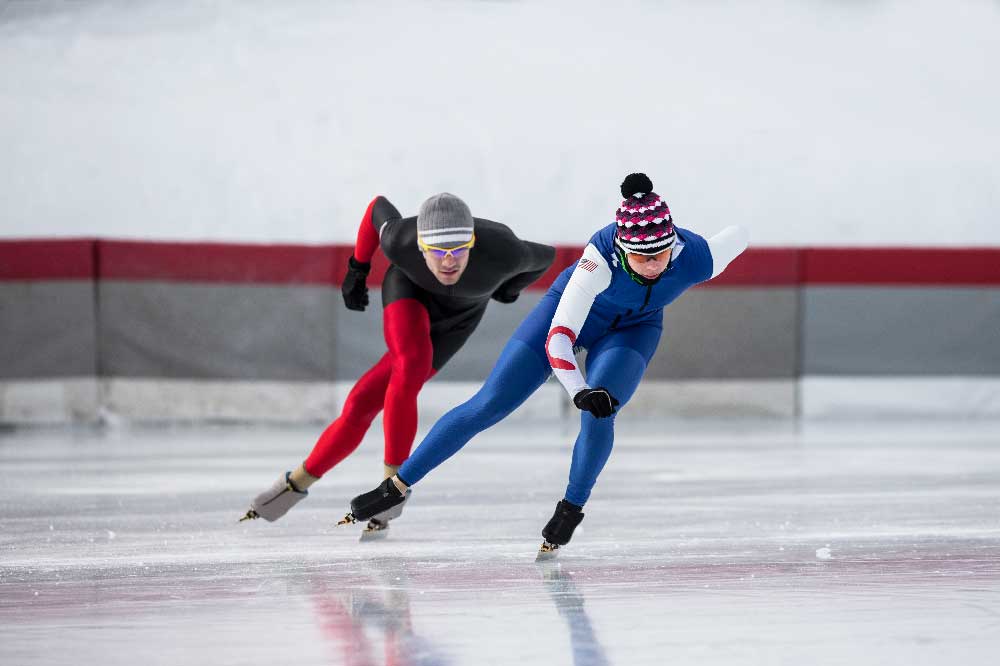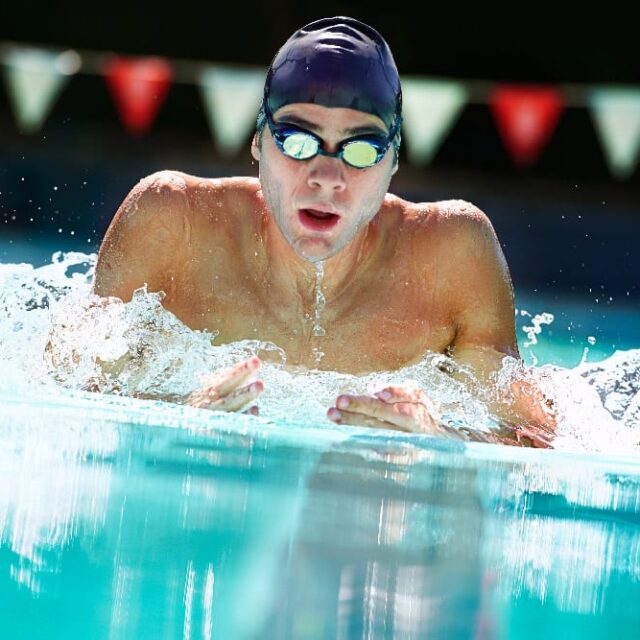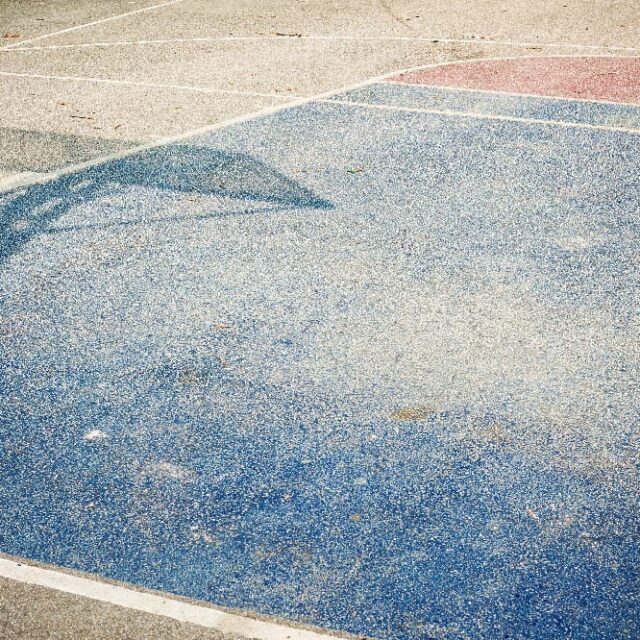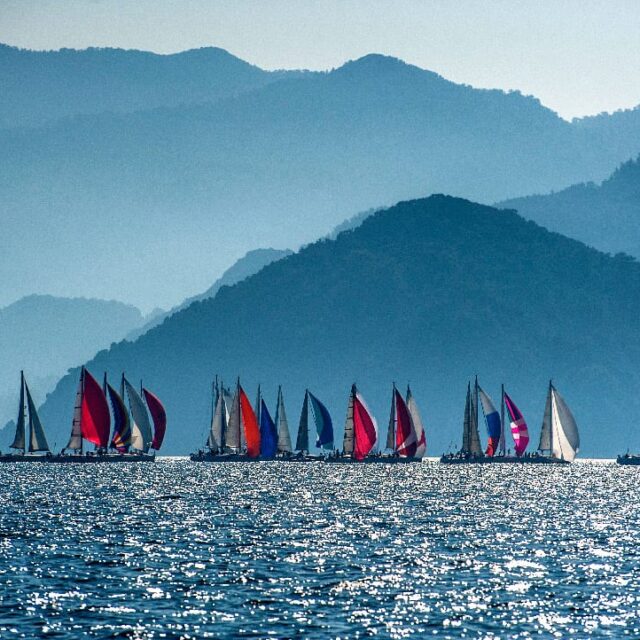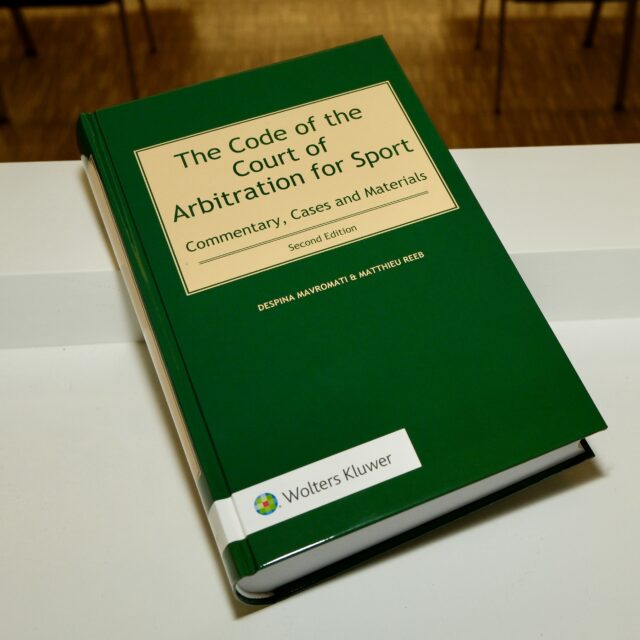An overview of the disputes decided by the CAS Ad Hoc Division in Beijing (CAS OG 22/01 – OG 22/07)
Introduction
The most common disputes occurring at the beginning of the Olympic Games are selection and qualification disputes. At the CAS Winter Olympic Games in Beijing (OG), the CAS Ad Hoc Division has already (as of February 11) published five qualification decisions. Apart from the decisions on the merits, some decisions raised interesting issues regarding the temporal jurisdiction of the CAS Ad Hoc Tribunal (OG 22/02), the requirement to exhaust prior remedies before seizing said ad hoc court (OG 22/04) or the standing to appeal a decision (OG 22/07) (See also Eligibility Cases from the Beijing Olympic Winter Games, Mike Cook, 9 February 2022).
The first application (OG 22/01) before the CAS Ad Hoc Division in Beijing came from Megan Henry, a US skeleton athlete (the Athlete), and was directed against the International Olympic Committee (IOC) and the International Bobsleigh and Skeleton Federation (IBSF). Her first application was subsequently withdrawn following the IBSF decision that became the object of her subsequent application (OG 22/03) and the CAS only issued a decision in the procedure OG 22/03.
The dispute originated from the final IBSF decision to deny the Athlete’s application to be allocated a competitive slot in the Women’s Skeleton Event. The Athlete also requested the stay of the IBSF decision to allocate the last remaining quota place to an athlete from the United States Virgin Islands, which led to that athlete becoming one of the “interested parties”.
The Athlete submitted that the relevant qualification system was the 2020 Qualification System, under which the IBSF was to reallocate all unused quota places between 20 and 23 January, 2022. By selecting a previously ineligible player for the open quota spot, she argued that the IBSF had not complied with such qualification system, while the amendment of 24 January 2022 (which allowed a previously ineligible athlete to be selected) gave a retrospective effect to its rules and was therefore arbitrary.
The IOC raised the issue of lack of the Athlete’s standing to challenge the IBSF decision, arguing that an athlete cannot bring an action only to deprive another athlete from participating in the Olympic Games, and that in any event she could not benefit from the quota place since the USOPC had already attributed its maximum 2 quotas to its best-ranked athletes. Interestingly, the IOC did not challenge the “temporal jurisdiction” of the Ad Hoc Division in the present matter (the challenged decision was rendered on 25 January 2022), like it did in the Russian mogul skiers case (see CAS OG 22/02, infra).
The Panel left the objections to the Athlete’s standing open to the extent that it eventually dismissed the athlete’s application. In summary, the Panel considered that it had to apply the qualification system as was adopted by the IBSF and should not substitute the IBSF policy judgment in this matter. It also decided not to address other matters raised by the Athlete, either due to lack of supporting evidence or due to the discretion of both the IBSF and IOC to render decisions on the allocation / reallocation criteria of the qualification system (at 8.20). The Panel concluded that the IBSF had the right and duty to establish its rules and qualification criteria according to the Olympic Charter and these rules were approved by the IOC. Since the USOPC had already filled the spots with two other athletes, the Panel dismissed the application and refused to reverse the decision.
The second case (OG 22/02) was filed by two Russian moguls Skiers (the Skiers) and the Russian Olympic Committee (ROC) against the International Skiing Federation (FIS). In this Covid-related case, the Skiers could not take part in the World Cup stages in Canada and the USA because their national vaccine (Sputnik) was not recognized in those countries. Even though the ROC had tried to secure entry visas for the applicants and other athletes, only speedskating athletes were eventually allowed entry. As a result, they could not reach the required quotas for their participation in the OG. The ROC President subsequently wrote to the IOC and to the FIS requesting to allocate additional quotas for the athletes who were unable to participate in the qualifying competitions. The FIS President and Secretary General replied to the ROC President that the FIS would try to ensure that the athletes get fair chances to participate but could not guarantee that. In a subsequent exchange, the FIS reminded the ROC that the quotas allocations were decided by the IOC.
The Skiers requested to use the two unused Olympic Quotas for the ROC in the freestyle discipline. The athletes invoked a violation of the 6th Fundamental Principle of Olympism, to the extent that the immigration §regulation was discriminatory against them and were not granted the opportunity to obtain the points which were required to qualify as the other athletes from other countries.
The FIS responded that it cannot change the number of participants or quotas at an Olympic competition at its own discretion and that unused quota spots for one event cannot be transferred to another event (at 4.12). To the extent that the FIS correctly applied the Qualification System as was approved by the IOC, it was not possible to grant additional quota spots to the athletes. As a result, there was no discrimination by the FIS.
The IOC, acting as an interested party, submitted that the publication of the FIS list (on 17 January 2022) was the latest date that the dispute arose and as such was outside the window of the CAS Ad Hoc Division’s jurisdiction (at 4.18). As for the travel ban, it was not discriminatory and was the result of governmental actions with no evidence that it was directed to anyone of any particular nationality.
The panel recalled the scope of jurisdiction of the Ad Hoc Division, which includes “(…) Any dispute arising on the occasion of, or in connection with, the Olympic Games shall be submitted exclusively to the Court of Arbitration for Sport (CAS), in accordance with the Code of Sports-Related Arbitration.” As for the application of the CAS Arbitration Rules for the Olympic Games, the Panel reminded that the CAS Ad Hoc Division is a tribunal of limited jurisdiction: the parties must have exhausted the internal remedies (on this issue see also OG 22/04 below), the dispute should be covered by Rule 61 of the Olympic Charter, and should either arise during the Olympic Games or ten days preceding the Opening Ceremony of the Olympic Games.
While it was undisputed that the matter fell within Rule 61 of the Olympic Charter, the temporal scope of jurisdiction of the Ad Hoc Division was not found to be met by the panel. By using a literal definition of the word “arise”, the Panel found that the dispute had in fact “arisen” on 17 January 2022 when the FIS published its Allocation List, rejecting the Skiers’ argument that the “final decision” by the FIS only came on 26 January, when the FIS advised the ROC to address these issues with the IOC. The Panel summarily found that the dispute “arose” outside the relevant time period and that the CAS Ad Hoc Panel lacked jurisdiction (at 5.15).
The Skiers’ claims raised some interesting issues so it is a pity that the panel was prevented from reviewing the merits by holding that it lacked (temporal) jurisdiction as was invoked by the IBSF and the IOC. On the other hand, the jurisdictional scope of the Ad Hoc Division must be distinguished from the “ordinary” CAS in Lausanne. In case of doubt, a parallel application before both tribunals could arguably be an alternative.
The fourth application (OG 22/04) related to the interpretation of the qualification rules of the IBSF and was filed by an Israeli Bobsledder (the Athlete) and his national federation (Israeli Bobsleigh & Skeleton Israel, BSI, jointly the Applicants) against the IBSF Executive Committee decision not to allocate two unused quota places to BSI for the 2-man Bobsleigh competition.
Following the publication by the IBSF Ranking list for the 2-man Bobsleigh event at the Beijing Olympic Games, the BSI did not qualify for the event but was in the first position in the NOC list for reallocation candidates. The BSI President wrote to the IBSF suggesting that since not all available quota spots were allocated, the BSI should be granted the unused places. The IBSF responded that unused quota places in an event could not be reallocated to another event. The Athlete wrote back with his own interpretation of the document and supported that the IBSF seek approval for filling the quota spots according to his own interpretation above. On 24 January 2022, the BSI wrote a letter to the President of the IBSF, requesting the Executive Committee render a formal deliberation in relation to the unused quota places for the men’s Bobsleigh event at the OWG Beijing 2022. The IBSF Executive Committee dismissed his application which led the appeal to the CAS Ad Hoc Division, requesting 1) to grant and allocate two unused athletes quota spots to Bobsleigh Skeleton Israel for it to use in the 2-man Bobsleigh competition, and 2) to allow the Athlete to make use of the two unused athletes quota places and to allow him to participate in 2-man Bobsleigh competition at the Olympic Games Beijing 2022.
In its decision, the Panel held that even though the Applicants failed to file an appeal with the IBSF appeals tribunal (and thus failed to exhaust internal remedies), the exception applied due to the time pressure of the Olympic Games under Article 1 of the Ad Hoc Rules (…“unless the time needed to exhaust the internal remedies would make the appeal to the CAS Ad Hoc Division ineffective”).
After examining the pertinent rules, the Panel found that there was indeed a provision in the IBSF Qualification System limiting the number of crews per competition and followed the interpretation given by the IBSF, in that the Ranking List shows that all 19 eligible NOCs had used their full quotas of crews and there was therefore no “unused quota” for another crew.
The fifth application (OG 22/05) was filed by the Irish Bobsleigh and Skeleton Association (the Applicant) and was directed, again, against the IBSF (and also the IOC). Similar to the BSI in the OG 22/04 case above, the Applicant requested inter alia four additional quota places for the Men’s skeleton alleging a discriminatory amendment of the IBSF Qualification System that provided for less quota places NOCs with one eligible male athlete.
Interestingly, the Applicant filed an appeal to the IBSF Appeals Tribunal and shortly afterwards to the CAS Ad Hoc Division in Beijing, before the IBSF Appeals Tribunal could render its final decision. Similar to the OG 22/04 case above, the question of the exhaustion of prior remedies was raised, even though in this particular case due to the fact that there was a still pending IBSF decision (at 5.2 ff.). However, the IOC “exceptionally” accepted during the hearing to waive the exhaustion of prior remedies requirement, despite having previously objected thereto in its submissions (at 5.7).
The Applicant relied on the Fundamental Principles 4 and 6 of the Olympic Charter on the prohibition of discrimination and referred to CAS precedent, whereby the IBSF had permitted moving unused quota places from one IBSF discipline to another (at 7.4). The discrimination plea was swiftly dismissed by the Panel for lack of any evidence in this respect. With respect to the alleged gender inequality through the new regulations, and in the absence of other evidence to the contrary, the Panel repeated (see OG 22/01) that these matters fall within the policy of the IBSF and do not form a basis for a discrimination claim.
Moreover, the Panel held that the Applicant only raised these objections after one of its athletes failed to qualify and two years after the Qualification System was introduced, thus contradicting the principle of good faith and being estopped from raising these claims at this stage (at 7.8). Finally, the Panel held that the last relief requested by the Applicant (request that the IOC and the IBSF should adopt new selection criteria after the 2022 Winter Games) was outside the scope of jurisdiction of the Panel (7.17). The Panel eventually refused to “put itself into a role of policymaking” and dismissed the claim.
The decisions also discussed the temporal jurisdiction of the CAS Ad Hoc Division, the need to exhaust prior remedies and the standing to appeal a decision to the CAS.
The last in the series of qualification disputes decided so far by the CAS Ad Hoc Division was the seventh application OG 22/07, filed by the Jamaican bobsledder pilot Jazmine Fenlator-Victorian (the Applicant) against the IBSF, requesting the reallocation of quota places in bobsleigh/skeleton for the Olympic Winter Games Beijing 2022. Several NOCs and the French athlete who was allocated the 2-woman quota place joined the proceedings as interested parties.
In essence, the IBSF had decided not to reschedule a cancelled event leading to the allocation of a quota spot for the 2-woman bobsleigh competition to the French NOC.
The Applicant submitted that the IBSF had rendered an ultra vires decision and that the IBSF should not have awarded points from a cancelled competition, but instead should have rescheduled the cancelled competition. In her petition, the Applicant requested that the IBSF set aside its decision, recalculate the point rankings for the 2-woman bobsleigh competition, allocate such quota spot to the Jamaican NOC instead of the French NOC and, finally, order the ISBF and IOC to add an additional quota spot for the French NOC (for greater female inclusion in the OG).
The IBSF Appealed Decision had found that the Applicant lacked standing to the extent that such request should have been filed by the Applicant’s NOC and not by her directly (Section B.3 of the IOC/IBSF Qualification System).
In its decision, the Panel reiterated the general conditions for a legal standing referring to CAS case law, namely the legitimate or protectable interest (at 89) and held that third parties have standing only when the regulation explicitly confers it or when an association’s measures affect not only the rights of the addressee but also—and directly—those of a third party (at 95). It therefore concluded that the Applicant only had standing for its two first claims.
The Panel further found that the Applicant’s failure to file an appeal against the IBSF Executive Committee decision before the IBF Appeals Tribunal did not prevent her from filing her application with the CAS Ad Hoc Division, since when the Executive Committee decision was published, she did not yet have a “tangible interest” to appeal the decision. In sum, the Panel found that the application was admissible but eventually dismissed the case on the merits, holding that the Executive Committee Decision on which the Ranking List was based was justified and not arbitrary.
By reaching its decision, the Panel highlighted the IBSF policy with respect to sanctioned events—holding that it is legitimate—and noted that the IBSF Rules grant the IBSF Executive Committee the option (and not a requirement) to replace a cancelled race. The Panel dismissed the pleas of discrimination in view of lack of evidence; with respect to the principle of non-retroactivity, the Panel reiterated CAS case law according to which such principle does not apply to a rule governing the requirements for admission to a competition.
While acknowledging that results would have been different from those achieved in the previous race and that the Executive Committee Decision awarded a fictitious score not based on actual merits, the Panel noted the circumstances and the time constraints surrounding the Executive Committee Decision and concluded that it was neither arbitrary nor unreasonable, thereby refusing to reverse it and dismissing the Applicant’s petition. In sum, the decision raised interesting issues related to the standing, the limited application of the principle of non-retroactivity with respect to requests for admission to a competition and the high burden of an applicant to establish the arbitrariness / unreasonableness of an association’s decision.
In line with CAS case law, the principle of non-retroactivity does not apply to a rule which governs the requirements for being admitted to a competition (cf OG 22/07)
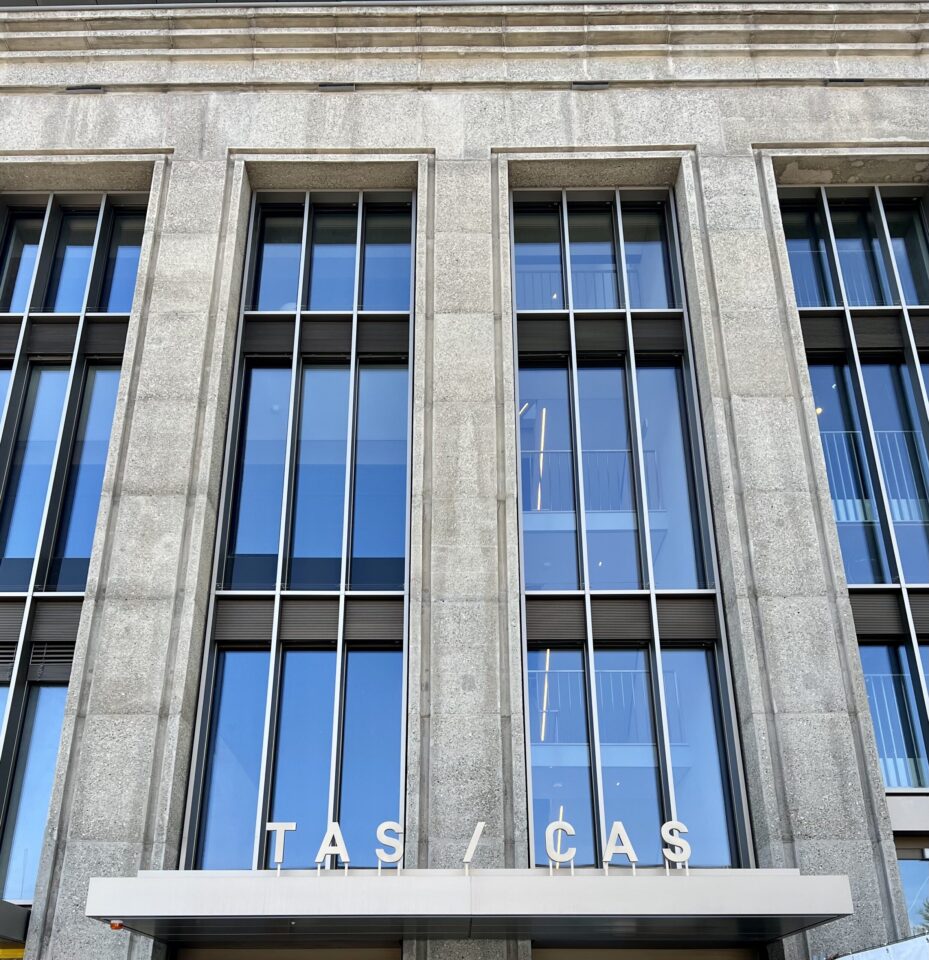
Concluding remarks
Overall, all applications decided so far related to a request for allocation of quota places for participation in the OG; four applications were directed against the IBSF and one against the FIS. One application was dismissed for lack of jurisdiction while all others were dismissed on their merits. The question of standing was left open in a case that was subsequently dismissed. Besides these interesting procedural issues, the disputes also raised noteworthy questions related to the Covid pandemic, including the impossibility to participate in qualifying events due to an invalid covid vaccine in the country of the event or the retroactive application of rules due to force majeure. Generally, however, the cases show the high discretion of an association to draft and amend its rules and the high burden that lies with the athlete or the national federation to establish violation of general principles of the Olympic Chater or the arbitrary / unreasonable application of the international federation’s rules.

